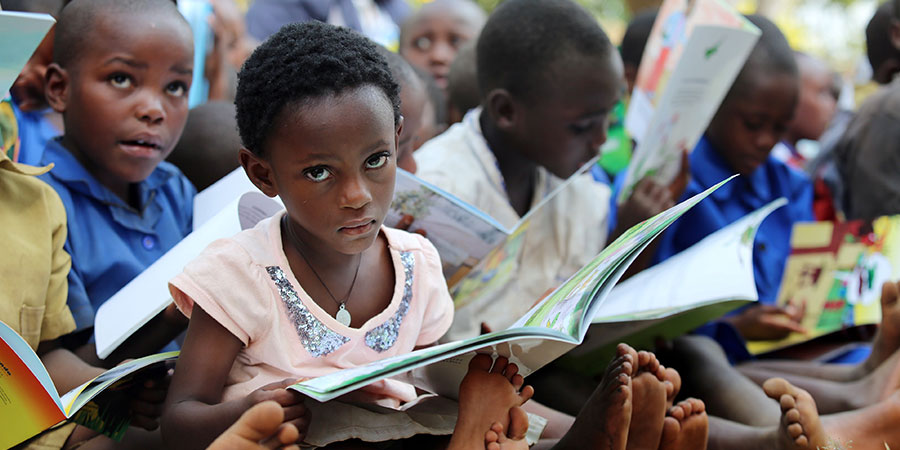The proportion of young people (15-29 years) not in education, employment (including self-employment) or training (NEET) in Uganda as per 2015 data stands at 19 per cent for adolescent girls and young women, three times the percentages for adolescent boys and young men (which stands at 6.9 per cent).
Given the current trends, by 2030, more than half of all young people in Uganda will not have the skills they need for an entry level job. The skills that young people will need to successfully transition into work and participate in society are constantly changing. In an increasingly interconnected global economy and society, the social and economic costs of failing to give young people especially girls the skills they need will affect us all.
Quality education and skills provide the best route out of poverty, inequality, and instability, and are our best safe- guard against climate change, disease and extremism. Greater investment and commitment is needed to target, pilot and invest in solutions to change the future for this generation and those to come. next-generation skills that go beyond the future of work and also include the skills needed to participate in society, engage as effectively in their communities, and be effective change makers are urgently needed. Investments made are vital in offering a secure future for every girl and young woman. Integrated approaches are required to tackle discriminatory social norms through delivery platforms such as community dialogue while enhancing education, health and legal service provision and promoting economic opportunities.

